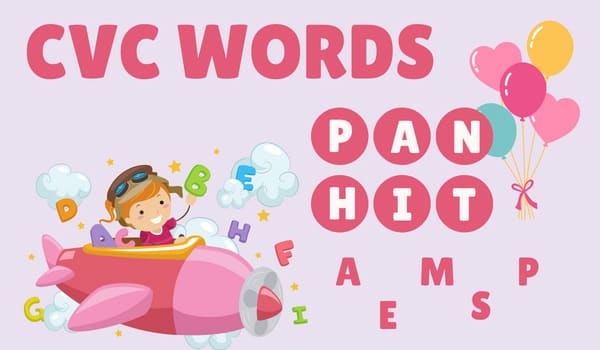Play assists kids with understanding the world and find how their bodies work. Investigate the benefits of play in child development and discover how to support rich recess encounters.
For a huge number of years, the play has been a youth convention. Unregulated and unstructured, it has gone from age to age. In any event, during times of huge tests, for example, the Great Depression and World War II Nazi Germany, kids saw ways as energetic, composes therapist, and scientist Joe L. Ice in “A History of Children’s Play and Play Environments.” But he cautions that even with too many organized exercises, loss of open-air regions, over the top screen time, and expanded scholastic weight, this well-established custom is blurring.
“Presently, without precedent for history,” he expresses, “the offspring of whole industrialized countries, particularly American youngsters, are losing their common open-air reason for play and overlooking how to take part in free, unconstrained … play. The outcomes are significant.”
The Benefits of Play in Child Development.
“Play is something accomplished for the good of its own,” says therapist Stuart Brown, writer of “Play,” He states: “It’s deliberate, it’s pleasurable, it offers a feeling of commitment, it removes you from time. What’s more, the demonstration itself is a higher priority than the result.”
In light of this definition, it’s anything but difficult to perceive play’s likely advantages. Play sustains associations with oneself as well as other people. Whenever kids are denied chances for play, their advancement can be fundamentally hindered.
Play is critical to the point that NAEYC has considered it a focal part of the informatively suitable practice, and the United Nations High Commission on Human Rights announced it a central right of each youngster. Play isn’t silly. It isn’t something to do after the “genuine work” is finished. Play is the genuine work of youth. Through it, kids have their most obvious opportunity for getting entire, upbeat grown-ups.
What Children Learn Through Play
We accept the benefits of play in child development. The following are only a portion of the manners in which youngsters learn through play:
- At the point when youngsters play, they are creating aptitudes in every aspect of advancement: intellectual, physical, correspondence, and social/enthusiastic. They rehearse and strengthen these aptitudes in a manner that can’t be accomplished through worksheets or screen time.
- Play advances sound propensities by effectively captivating youngsters in their general surroundings. This balances issues numerous kids face today, for example, youth weight.
- Play is a characteristic pressure reliever and an outlet that permits youngsters to work through their tension and fears.
- Play permits kids to try out new thoughts and make associations between their past encounters and their dynamic examinations.
- Kids settle on their own choices during play; they start to settle on associations between their decisions and the common outcomes of those decisions.
- Play underpins the advancement of discretion which is basic for progress sometime down the road. Youngsters play since they want to comprehend the world. Play permits open doors for them to manage their emotions, defer satisfaction, and haggle with others, exceedingly significant parts of creating discretion, a 21st-century ability.
- The suddenness of play advances hazards taking as youngsters communicate with materials and their condition. The feeling of the obscure assists youngsters with creating mental adaptability and official capacity.
- Play assists youngsters with creating care just as have a sense of security and security to attempt new thoughts and trial. As youngsters become immersed in play, they suspend attention to reality, getting completely present in the main job.
Child-rearing Tips for Encouraging Rich Play
Kids need open-finished, unscheduled occasions to investigate and find.
Learning happens most adequately with open-finished materials that can be utilized in different manners to support inventiveness in youngsters. Give hands-a shot materials like squares, sand, water, earth, youngster estimated work carts, little scoops, slopes, balls, etc.
A drop in the bucket time can be improved by the nearness of a mindful grown-up.
Put aside an hour as frequently as you can every week to invest some quality play energy with your kid and do precisely what the individual in question needs to do. Your kid drives the playtime and you follow. That implies if your youngster needs you to sit in the sandbox with her, you do it. Or on the other hand in the event that he needs you to play the child and he plays the mother, you do it. Your essence empowers another degree of significant play to occur. Your youngster may utilize your thoughtfulness regarding make sense of a predicament with a companion, re-order a specialist’s visit, or have a go at something new and testing, such as strolling on a parity bar.
You may likewise need to help direct your no problem while on a play date or at the play area. Obviously we as a whole need our youngsters to move toward acquainted and helpful play, yet that requires some serious energy. You can mentor your youngster, “I see you taking a gander at Aiden. Will we go over and inquire as to whether he’d prefer to move with us?”
Kids’ play is a rich open door for your kid’s turn of events, such as learning new ideas and how to collaborate with others. Grown-ups can follow a youngster’s lead or offer delicate direction, yet play is at its most extravagant when kids are in control.


